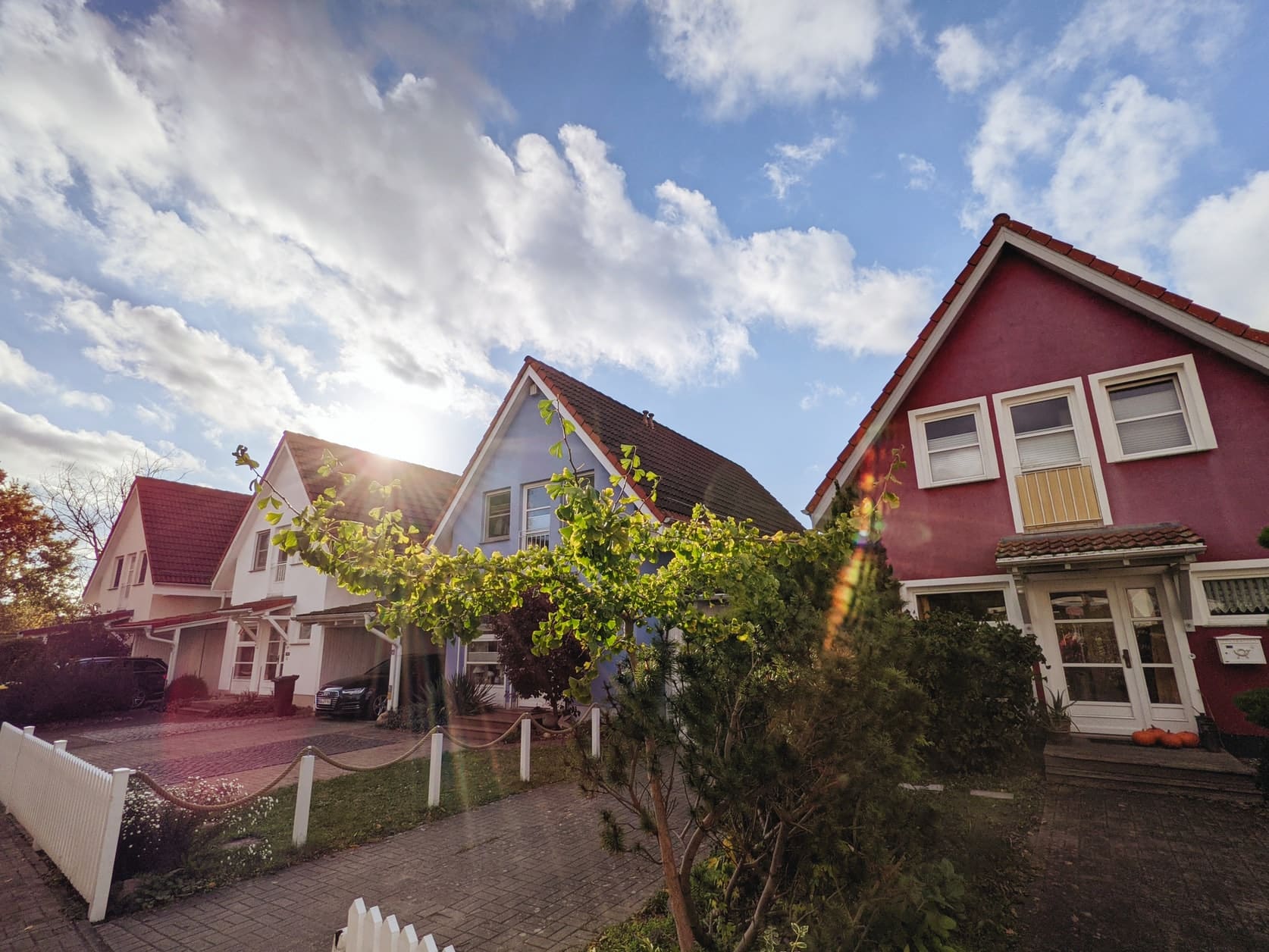Get Expert Financing
- Matched with investor-friendly lenders
- Fast pre-approvals-no W2s required
- Financing options fro rentals, BRRRR, STRs
- Scale your portfolio with confidence
This comprehensive guide provides educational information about real estate crowdfunding platforms for scaling real estate investors. MyPerfectMortgage.com is not a lender and does not make credit decisions. We connect qualified borrowers with our network of specialized lenders who can evaluate your specific situation. All loan terms, rates, and requirements are determined by individual lenders and subject to their approval processes.
The real estate crowdfunding market has exploded into a $25+ billion industry with annual growth rates of 20-30%, fundamentally changing how investors access property investments. No longer do you need six-figure down payments or extensive property management experience to build a diversified real estate portfolio.
Traditional real estate investing demands substantial capital, time, and expertise that locks out most investors. Real estate crowdfunding platforms democratize access by allowing investments starting as low as $10, professional property management, and instant diversification across multiple markets and property types.
Real estate crowdfunding has matured beyond early-stage experimentation into a legitimate asset class. The sector maintains compound annual growth rates between 20-30%, with transaction volumes surpassing $15 billion in 2024 alone.
Several factors drive this explosive growth. Rising housing costs have priced out traditional buyers, while stock market volatility pushes investors toward tangible assets. Simultaneously, sophisticated technology platforms now offer institutional-grade due diligence and portfolio management previously available only to ultra-high-net-worth investors.
Economic uncertainty amplifies real estate’s appeal as a stable, inflation-hedged asset class. With traditional savings accounts offering minimal returns and bond yields remaining relatively low, crowdfunding platforms provide compelling alternatives with historical returns ranging from 4% to 18% annually.
Fundrise stands out for accessibility, accepting all investors with just a $10 minimum investment. The platform focuses on residential and commercial properties across diversified U.S. markets, delivering historical returns between 5-9% annually. Their fee structure remains competitive at 0.15% advisory fees plus 1% management costs.
CrowdStreet targets accredited investors with $25,000 minimums, specializing in commercial real estate opportunities. Past deals have achieved impressive 17-18% internal rates of return (IRR), though recent market conditions have moderated expectations. Their higher barriers to entry reflect the institutional-quality investments they source.
RealtyMogul offers hybrid accessibility, serving both accredited and non-accredited investors with $5,000 minimums. The platform provides commercial properties and REITs with returns ranging from 4.5-12%, depending on investment products. Management fees typically run 1-1.25% plus additional costs.
| Platform | Min Investment | Investor Type | Fee Structure | Average Returns |
|---|---|---|---|---|
| Fundrise | $10 | All investors | 0.15% + 1% mgmt | 5-9% |
| CrowdStreet | $25,000 | Accredited only | 1-2% | 17-18% IRR |
| RealtyMogul | $5,000 | All investors | 1-1.25% mgmt | 4.5-12% |
| EquityMultiple | $5,000 | Accredited only | 0.5-1.5% | 7-13% |
| Arrived | $100 | All investors | Variable, higher | 4-8% |
EquityMultiple focuses on commercial debt and equity with accredited-only access, delivering projected returns of 7-13% through carefully vetted opportunities. Their lower fee structure (0.5-1.5%) appeals to cost-conscious investors.
Arrived revolutionizes single-family rental investing with $100 minimums, making residential real estate accessible to virtually any investor. However, their fee structure runs higher than competitors, and liquidity remains limited.
Yieldstreet integrates real estate within broader alternative investments, targeting accredited investors with management fees ranging from 0-2.5%. Their diversification across asset classes appeals to sophisticated investors seeking portfolio optimization.
Platform selection requires evaluating multiple factors beyond headline returns. Consider your investor accreditation status, available capital, risk tolerance, and investment timeline. Non-accredited investors gravitate toward Fundrise or Arrived for accessibility, while accredited investors often prefer CrowdStreet or EquityMultiple for higher return potential.
Geographic and property type diversification matters significantly. Platforms focusing on single markets or property types carry concentration risk, while diversified offerings provide more stable returns across economic cycles.
Fee transparency varies dramatically across platforms. Look beyond management fees to understand total cost of ownership, including acquisition fees, asset management charges, and performance fees. A platform advertising low management fees might impose higher acquisition or exit costs that erode returns.
Calculate fees as percentage of expected returns rather than absolute values. A 2% management fee on 12% returns differs substantially from the same fee on 5% returns in terms of impact on net performance.
Real estate crowdfunding carries multiple risk categories requiring careful evaluation. Platform risk involves the crowdfunding company’s financial stability and track record. Property risk encompasses local markets, tenant quality, and property management effectiveness. Liquidity risk restricts your ability to access invested capital quickly.
Regulatory changes pose ongoing risks as the Securities and Exchange Commission continues refining crowdfunding oversight. Platform consolidation could affect your investments if smaller platforms merge or close operations.
Real estate crowdfunding works best as portfolio diversification rather than core holdings. Financial advisors typically recommend 5-15% real estate allocation, with crowdfunding representing a portion of that allocation alongside REITs or direct property ownership.
Geographic diversification across multiple markets reduces concentration risk from local economic downturns. Property type diversification across residential, commercial, and industrial assets provides exposure to different economic drivers and tenant bases.
Leading platforms leverage advanced analytics for property selection, risk assessment, and return optimization. Fundrise uses machine learning algorithms to identify undervalued markets, while CrowdStreet employs institutional-grade due diligence processes typically reserved for major real estate funds.
Investor dashboards now provide real-time performance tracking, cash flow projections, and market analysis previously unavailable to individual investors. These tools enable more sophisticated investment decisions and portfolio management.
The real estate crowdfunding market shows no signs of slowing, with projections indicating continued 20-30% annual growth through 2026. Regulatory clarity continues improving, reducing legal uncertainties that previously constrained institutional participation.
Technology advancement drives platform capabilities and investor experience improvements. Blockchain integration promises enhanced transparency and potentially improved liquidity through tokenized real estate investments.
Demographic trends favor continued growth as millennials enter peak earning years while remaining priced out of traditional homeownership in many markets. This generation’s comfort with technology-driven investing creates a natural customer base for crowdfunding platforms.
Minimum investments range from $10 (Fundrise) to $25,000 (CrowdStreet), depending on the platform and your accreditation status. Non-accredited investors typically have access to platforms with lower minimums.
Most real estate crowdfunding investments are illiquid, with typical hold periods of 3-7 years. Some platforms offer secondary markets or redemption programs, but these may have restrictions or penalties.
Historical returns range from 4-18% annually, depending on the platform, property types, and market conditions. Returns aren’t guaranteed and past performance doesn’t predict future results.
Real estate crowdfunding offers unprecedented access to professional-grade property investments, but success requires careful platform selection and portfolio integration. Understanding fee structures, risk profiles, and your investment timeline creates the foundation for informed decisions.
Ready to explore how real estate crowdfunding fits your investment strategy? Our network of specialized lenders can help you evaluate financing options for expanded real estate investments, whether through crowdfunding platforms or direct property acquisition.
Connect with Real Estate Investment Specialists
Our advice is based on experience in the mortgage industry and we are dedicated to helping you achieve your goal of owning a home. We may receive compensation from partner banks when you view mortgage rates listed on our website.


